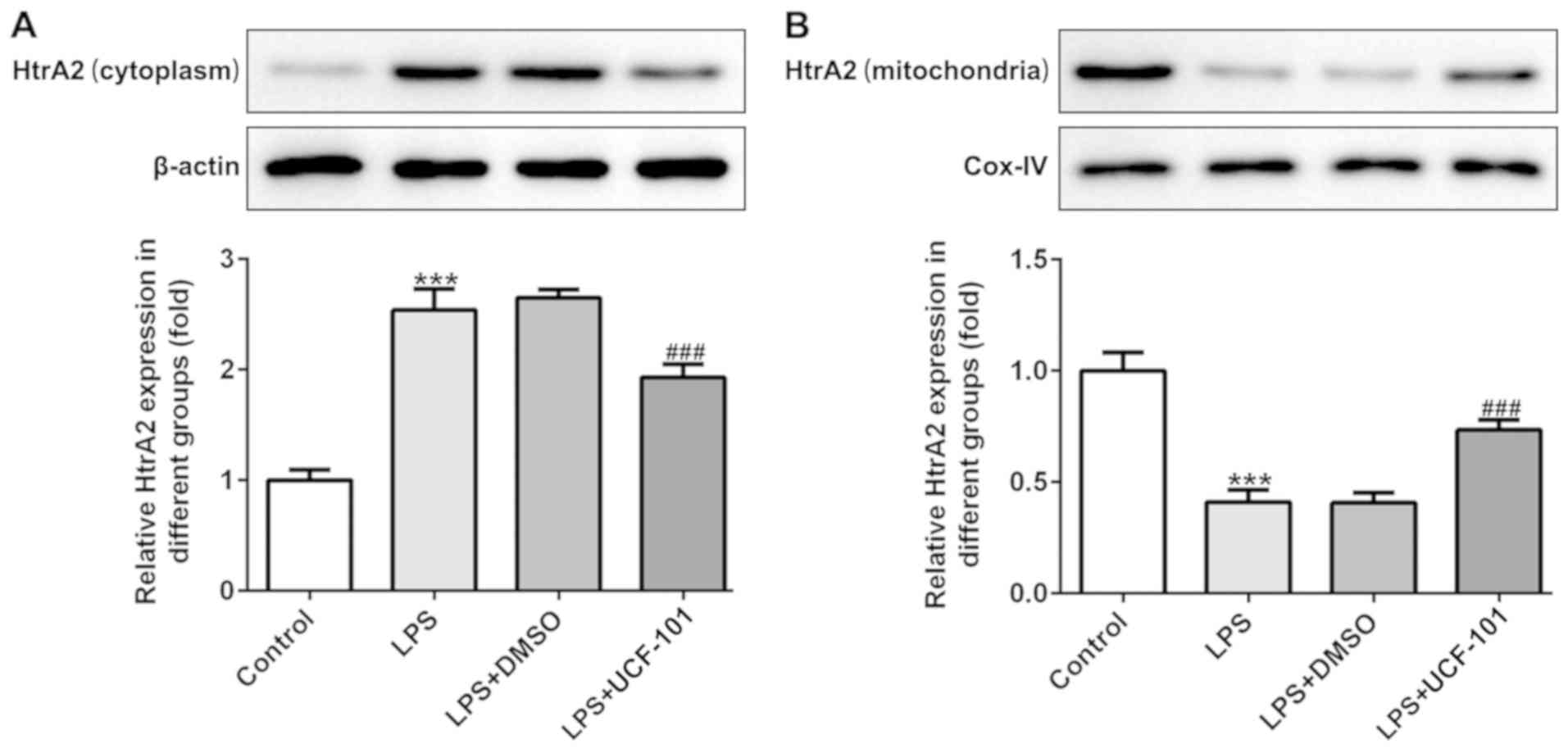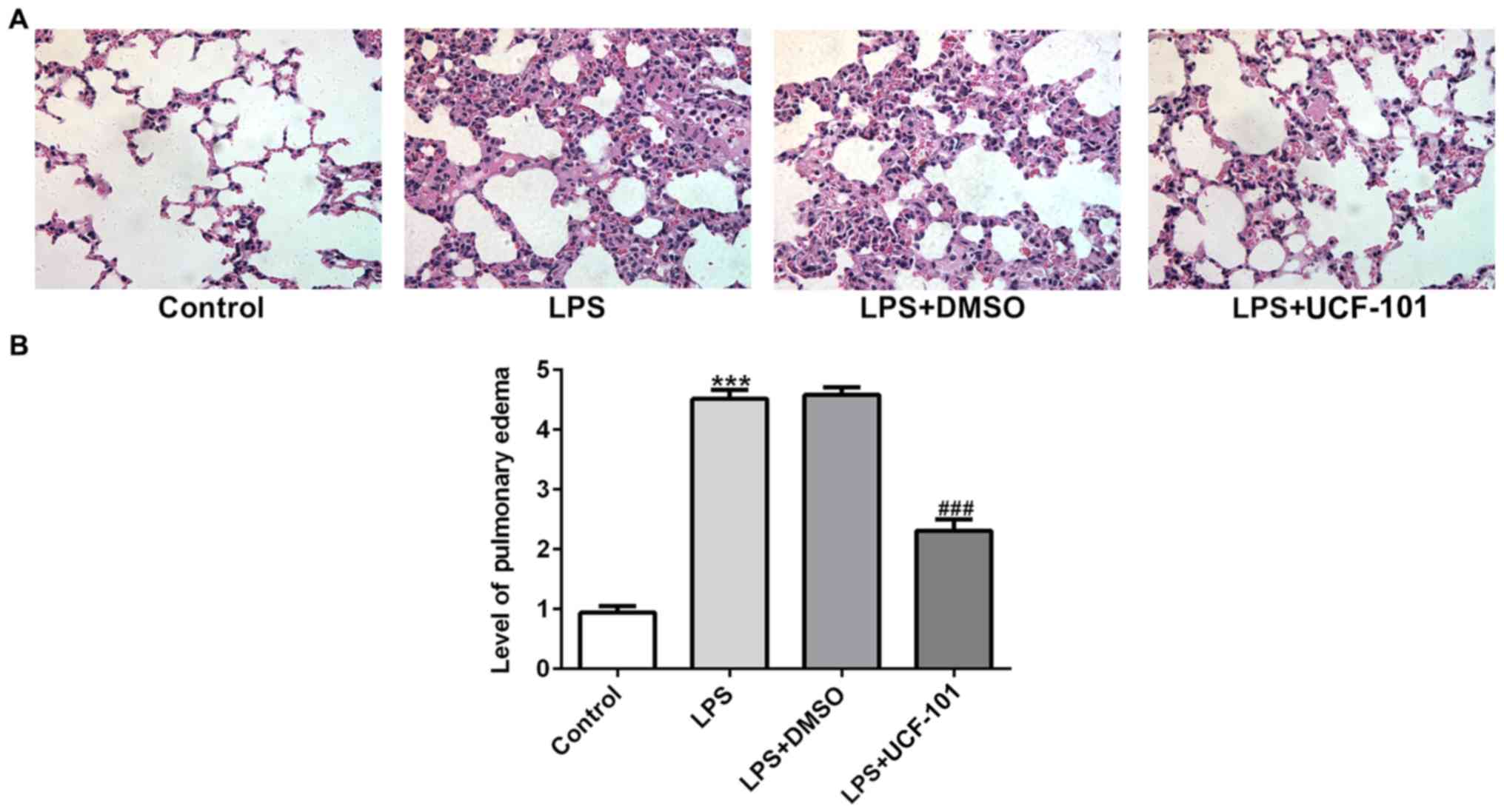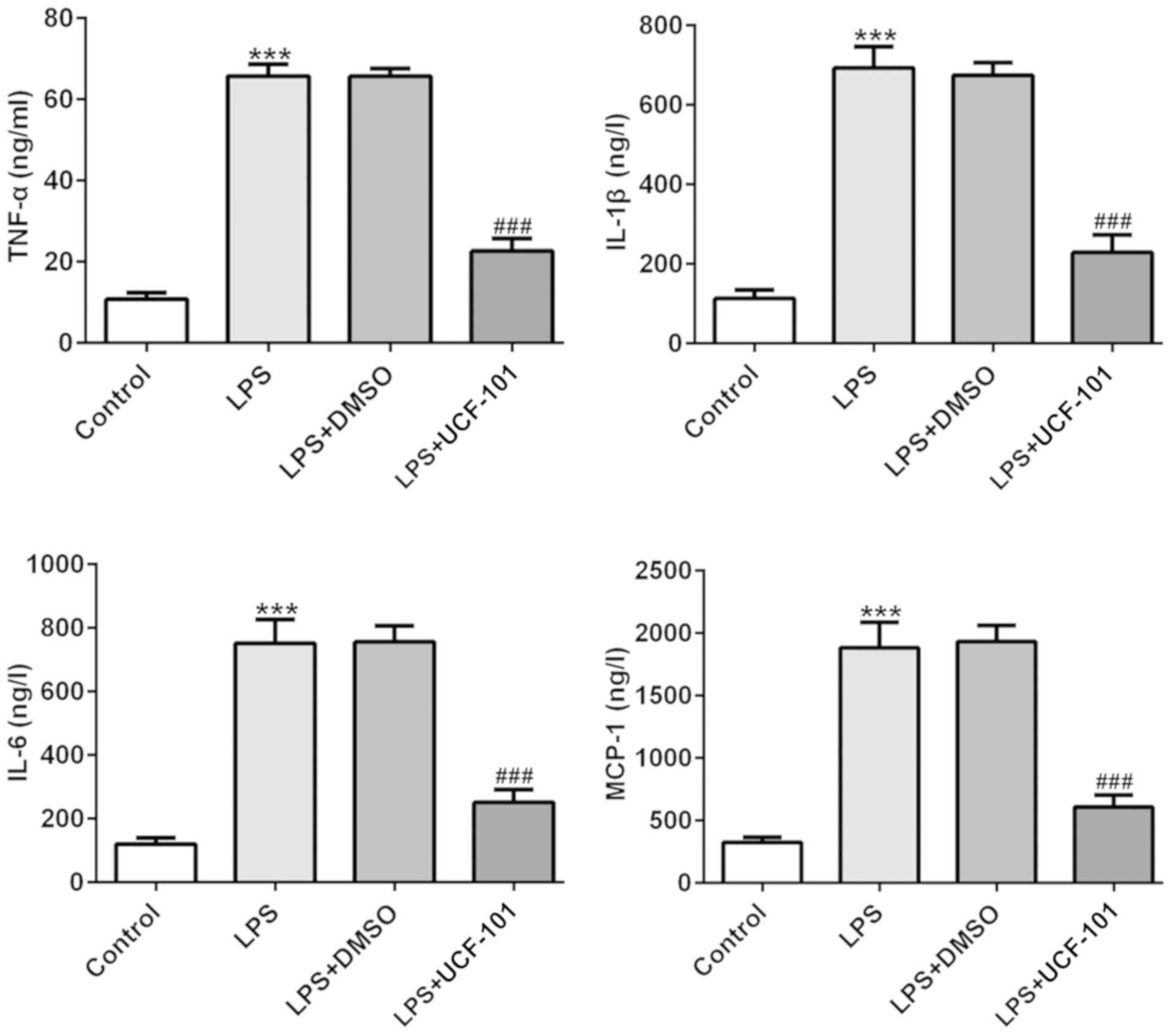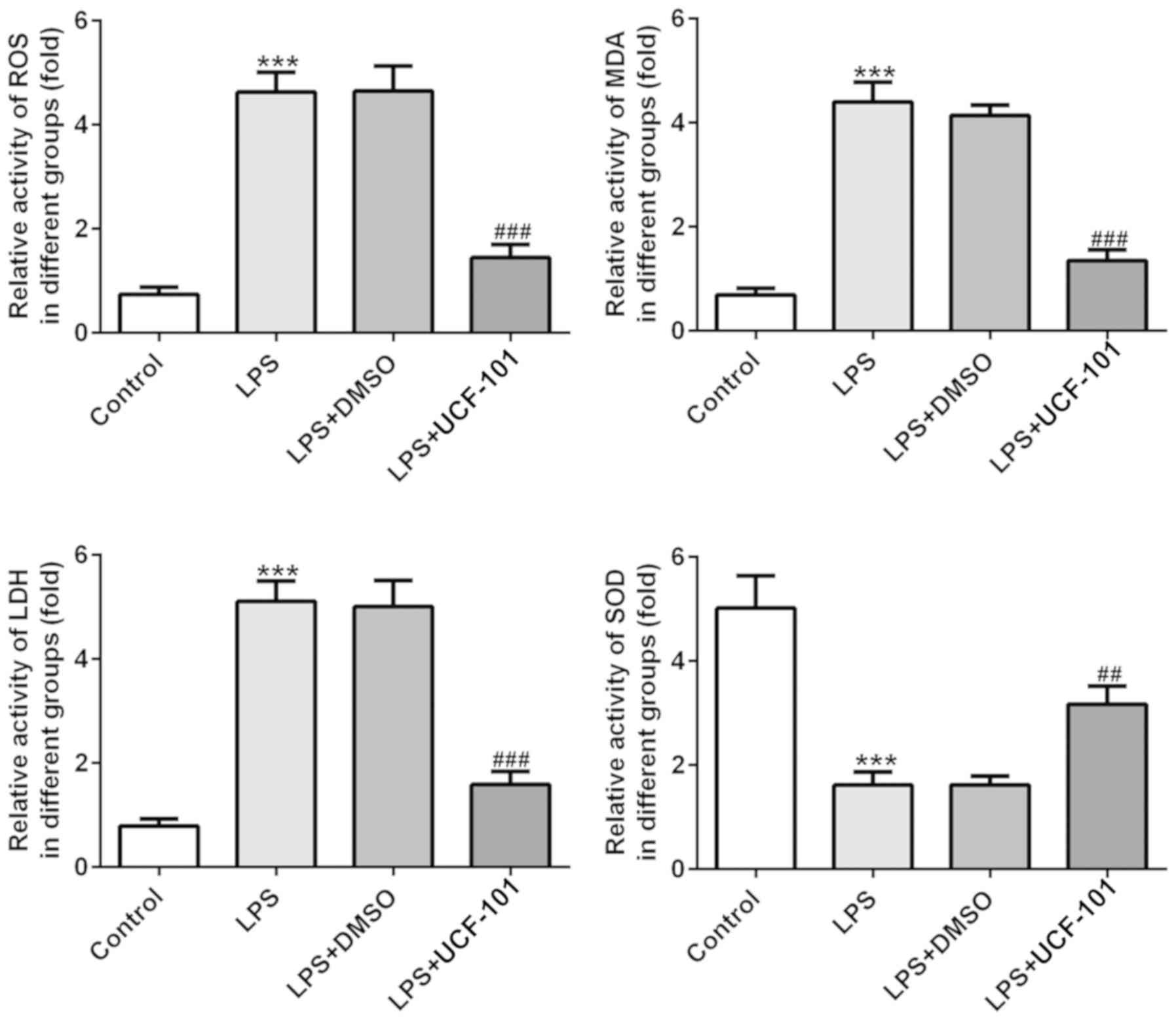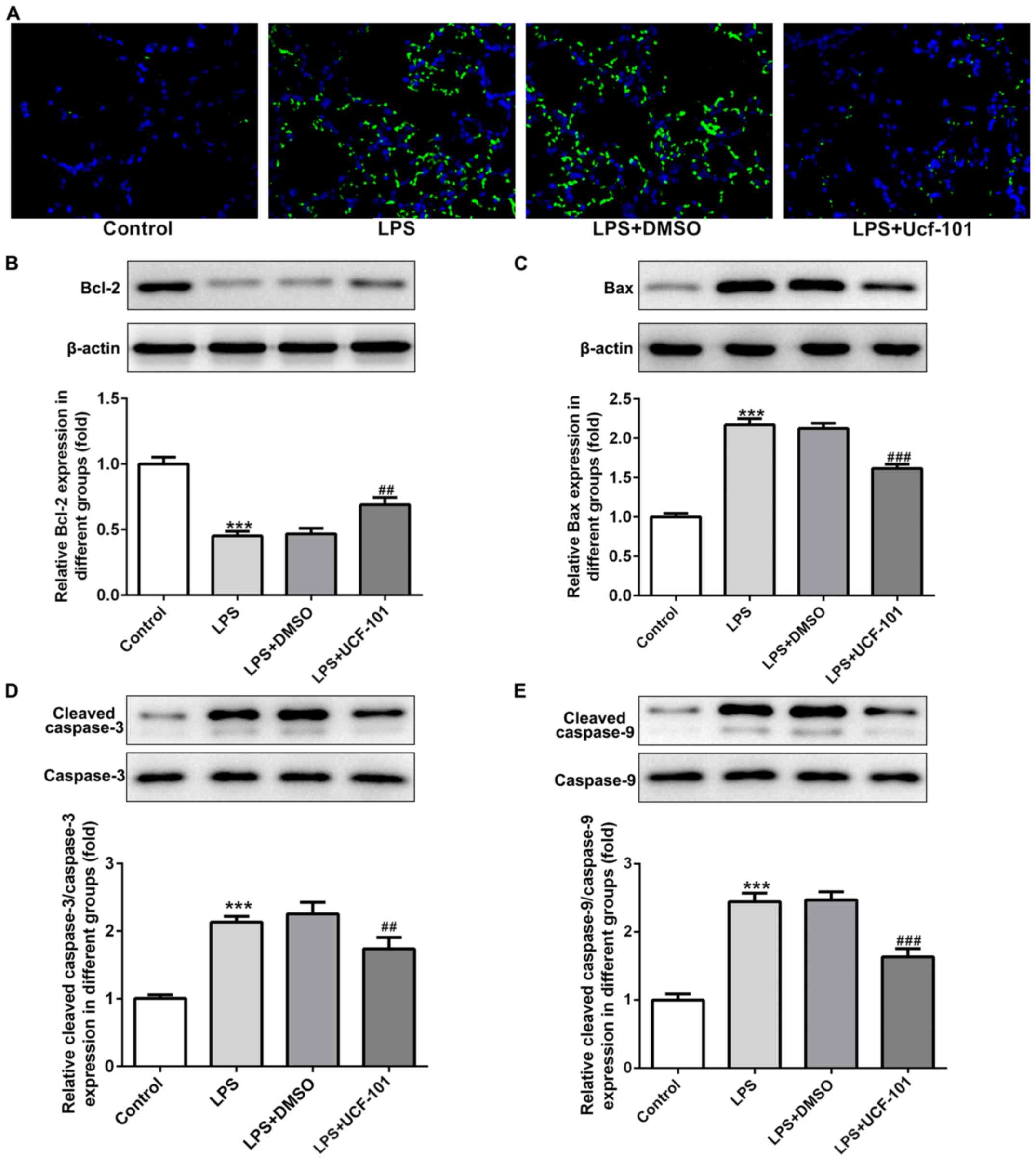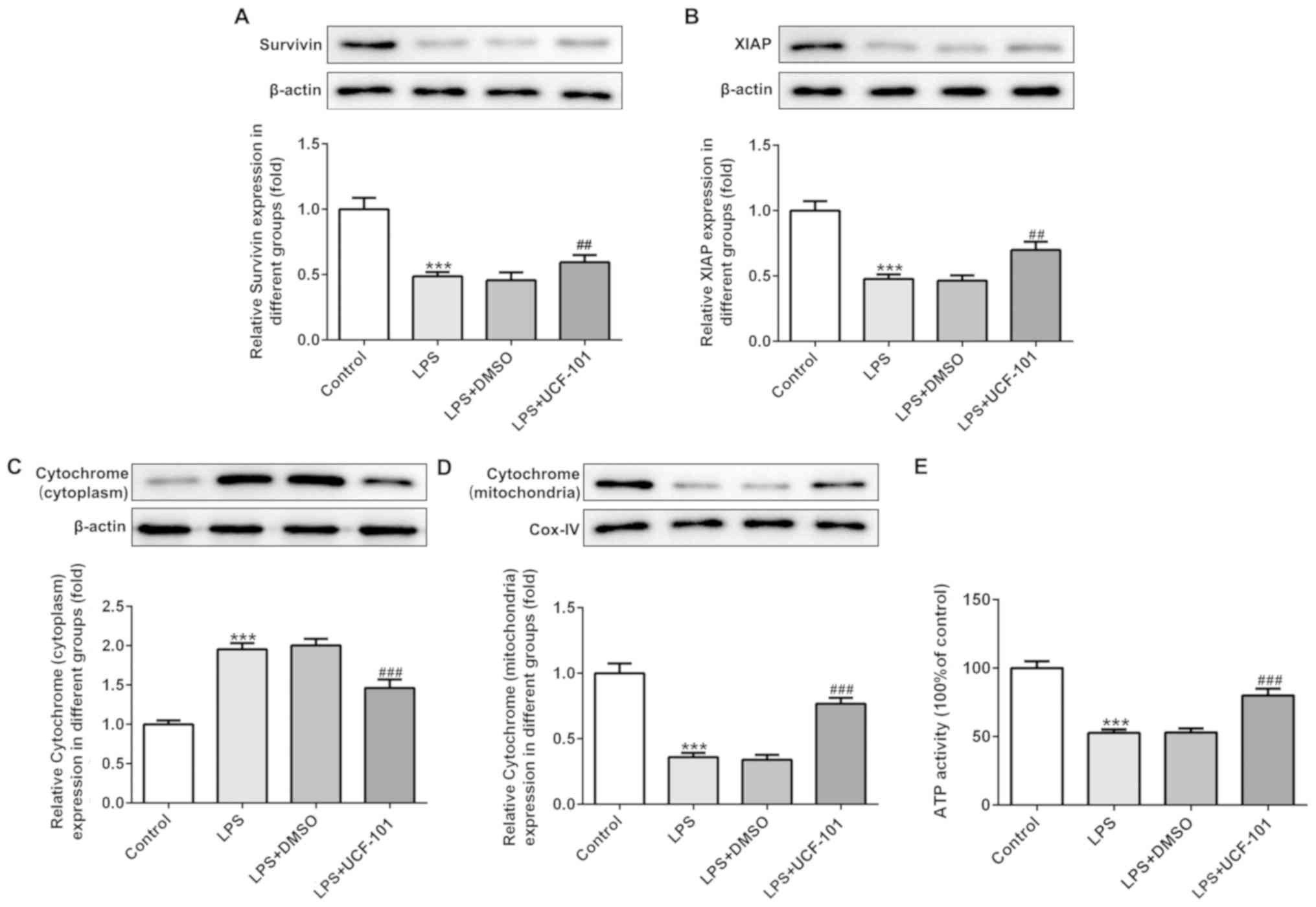|
1
|
Lutfiyya MN, Henley E, Chang LF and
Reyburn SW: Diagnosis and treatment of community-acquired
pneumonia. Am Fam Physician. 73:3127–450. 2006.
|
|
2
|
Agweyu A, Kibore M, Digolo L, Kosgei C,
Maina V, Mugane S, Muma S, Wachira J, Waiyego M and Maleche-Obimbo
E: Prevalence and correlates of treatment failure among Kenyan
children hospitalised with severe community-acquired pneumonia: A
prospective study of the clinical effectiveness of WHO pneumonia
case management guidelines. Trop Med Int Health. 19:1310–1320.
2014. View Article : Google Scholar : PubMed/NCBI
|
|
3
|
Bhutta ZA, Das JK, Walker N, Rizvi A,
Campbell H, Rudan I and Black RE; Lancet Diarrhoea and Pneumonia
Interventions Study Group, : Interventions to address deaths from
childhood pneumonia and diarrhoea equitably: What works and at what
cost? Lancet. 381:1417–1429. 2013. View Article : Google Scholar : PubMed/NCBI
|
|
4
|
Clausen T, Southan C and Ehrmann M: The
HtrA family of proteases: Implications for protein composition and
cell fate. Mol Cell. 10:443–455. 2002. View Article : Google Scholar : PubMed/NCBI
|
|
5
|
Bhuiyan MS and Fukunaga K: Mitochondrial
serine protease HtrA2/Omi as a potential therapeutic target. Curr
Drug Targets. 10:372–383. 2009. View Article : Google Scholar : PubMed/NCBI
|
|
6
|
Ding X, Patel M, Shen D, Herzlich AA, Cao
X, Villasmil R, Klupsch K, Tuo J, Downward J and Chan CC: Enhanced
HtrA2/Omi expression in oxidative injury to retinal pigment
epithelial cells and murine models of neurodegeneration. Invest
Ophthalmol Vis Sci. 50:4957–4966. 2009. View Article : Google Scholar : PubMed/NCBI
|
|
7
|
Li Q, Hueckstaedt LK and Ren J: The
protease inhibitor UCF-101 ameliorates streptozotocin-induced mouse
cardiomyocyte contractile dysfunction in vitro: Role of
AMP-activated protein kinase. Exp Physiol. 94:984–994. 2009.
View Article : Google Scholar : PubMed/NCBI
|
|
8
|
Zhang C, He A, Liu S, He Q, Luo Y, He Z,
Chen Y, Tao A and Yan J: Inhibition of HtrA2 alleviated dextran
sulfate sodium (DSS)-induced colitis by preventing necroptosis of
intestinal epithelial cells. Cell Death Dis. 10:3442019. View Article : Google Scholar : PubMed/NCBI
|
|
9
|
Hu Y, Huang M, Wang P, Xu Q and Zhang B:
Ucf-101 protects against cerebral oxidative injury and cognitive
impairment in septic rat. Int Immunopharmacol. 16:108–113. 2013.
View Article : Google Scholar : PubMed/NCBI
|
|
10
|
National Research Council (US) Committee
for the Update of the Guide for the Care and Use of Laboratory
Animals: Guide for the care and use of laboratory animals (8th
edition). National Academies Press (US); Washington, DC: 2011
|
|
11
|
Kowluru RA and Abbas SN: Diabetes-induced
mitochondrial dysfunction in the retina. Invest Ophthalmol Vis Sci.
44:5327–5334. 2003. View Article : Google Scholar : PubMed/NCBI
|
|
12
|
Qin Z, Yang Y, Wang H, Luo J, Huang X, You
J, Wang B and Li M: Role of autophagy and apoptosis in the
postinfluenza bacterial pneumonia. Biomed Res Int.
2016:38010262016. View Article : Google Scholar : PubMed/NCBI
|
|
13
|
Walker CLF, Rudan I, Liu L, Nair H,
Theodoratou E, Bhutta ZA, OBrien KL, Campbell H and Black RE:
Global burden of childhood pneumonia and diarrhea. Lancet.
381:1405–1416. 2013. View Article : Google Scholar : PubMed/NCBI
|
|
14
|
Wolf L, Sapich S, Honecker A, Jungnickel
C, Seiler F, Bischoff M, Wonnenberg B, Herr C, Schneider-Daum N,
Lehr CM, et al: IL-17A-mediated expression of epithelial IL-17C
promotes inflammation during acute pseudomonas aeruginosa
pneumonia. Am J Physiol Lung Cell Mol Physiol. 311:L1015–L1022.
2016. View Article : Google Scholar : PubMed/NCBI
|
|
15
|
Wang P, Hu Y, Yao D and Li Y: Omi/HtrA2
regulates a mitochondria- dependent apoptotic pathway in a murine
model of septic encephalopathy. Cell Physiol Biochem. 49:2163–2173.
2018. View Article : Google Scholar : PubMed/NCBI
|
|
16
|
Hussain T, Tan B, Yin Y, Blachier F,
Tossou MC and Rahu N: Oxidative stress and inflammation: What
polyphenols can do for us? Oxid Med Cell Longev. 2016:74327972016.
View Article : Google Scholar : PubMed/NCBI
|
|
17
|
Floyd RA: Antioxidants, oxidative stress,
and degenerative neurological disorders. Proc Soc Exp Biol Med.
222:236–245. 1999. View Article : Google Scholar : PubMed/NCBI
|
|
18
|
Boskabadi J, Mokhtari-Zaer A, Abareshi A,
Khazdair MR, Emami B, Roshan NM, Hosseini M and Boskabady MH: The
effect of captopril on lipopolysaccharide-induced lung
inflammation. Exp Lung Res. 44:191–200. 2018. View Article : Google Scholar : PubMed/NCBI
|
|
19
|
Ahmad A, Shameem M and Husain Q: Relation
of oxidant-antioxidant imbalance with disease progression in
patients with asthma. Ann Thorac Med. 7:226–232. 2012. View Article : Google Scholar : PubMed/NCBI
|
|
20
|
Tao-Cheng JH: Stimulation-induced
structural changes at the nucleus, endoplasmic reticulum and
mitochondria of hippocampal neurons. Mol Brain. 11:442018.
View Article : Google Scholar : PubMed/NCBI
|
|
21
|
Zhou D and Jiang Y: Sirtuin 3 attenuates
neuroinflammation- induced apoptosis in BV-2 microglia. Aging
(Albany NY). 11:9075–9089. 2019. View Article : Google Scholar : PubMed/NCBI
|
|
22
|
You M, Miao Z, Pan Y and Hu F:
Trans-10-hydroxy-2-decenoic acid alleviates LPS-induced blood-brain
barrier dysfunction by activating the AMPK/PI3K/AKT pathway. Eur J
Pharmacol. 865:1727362019. View Article : Google Scholar : PubMed/NCBI
|
|
23
|
Luo X, Liu R, Zhang Z, Chen Z, He J and
Liu Y: Mitochondrial division inhibitor 1 attenuates mitophagy in a
rat model of acute lung injury. Biomed Res Int. 2019:21937062019.
View Article : Google Scholar : PubMed/NCBI
|
|
24
|
Cilenti L, Lee Y, Hess S, Srinivasula S,
Park KM, Junqueira D, Davis H, Bonventre JV, Alnemri ES and Zervos
AS: Characterization of a novel and specific inhibitor for the
pro-apoptotic protease Omi/HtrA2. J Biol Chem. 278:11489–11494.
2003. View Article : Google Scholar : PubMed/NCBI
|
|
25
|
Saelens X, Festjens N, Walle LV, van Gurp
M, van Loo G and Vandenabeele P: Toxic proteins released from
mitochondria in cell death. Oncogene. 23:2861–2874. 2004.
View Article : Google Scholar : PubMed/NCBI
|
|
26
|
Brunelle JK and Letai A: Control of
mitochondrial apoptosis by the Bcl-2 family. J Cell Sci.
122:437–441. 2009. View Article : Google Scholar : PubMed/NCBI
|
|
27
|
Lin PY, Tsai CT, Chuang WL, Chao YH, Pan
IH, Chen YK, Lin CC and Wang BY: Chlorella sorokiniana induces
mitochondrial-mediated apoptosis in human non-small cell lung
cancer cells and inhibits xenograft tumor growth in vivo. BMC
Complement Altern Med. 17:882017. View Article : Google Scholar : PubMed/NCBI
|
|
28
|
Krause J, Löser A, Lemoine MD, Christ T,
Scherschel K, Meyer C, Blankenberg S, Zeller T, Eschenhagen T and
Stenzig J: Rat atrial engineered heart tissue: A new in vitro model
to study atrial biology. Basic Res Cardiol. 113:412018. View Article : Google Scholar : PubMed/NCBI
|















